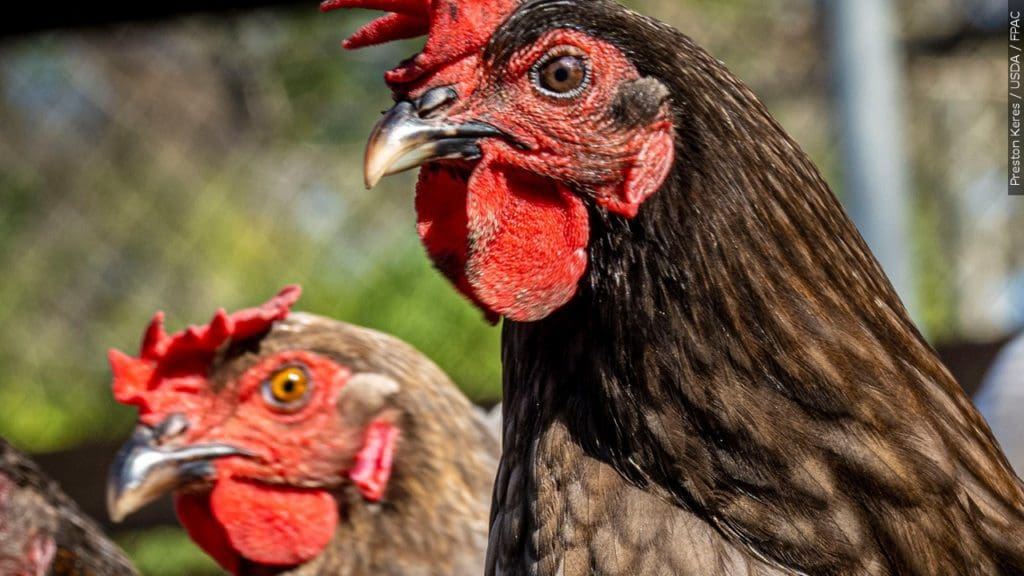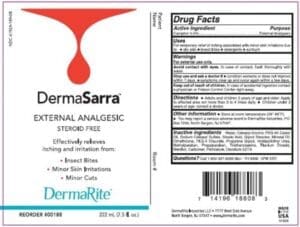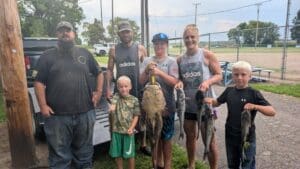Kansas — It’s finally summer and with that county fair season is in full swing of events. Many rural pre-teens and teenagers can be found in the barn preparing their projects for the fair. For many that means working with their livestock projects and taking them to the county fair or summer shows. Animals that have been exhibited during the county fair are likely near and dear to their exhibitor’s hearts. After all, they spend countless hours training and preparing their animal for the show at the fair.
Kaitlyn Hildebrand, Livestock Production Agent with the River Valley Extension District, says they protect them from everything before the show season, but do we give enough thought to what happens when they go home? Each time an animal is taken out of its home environment and exhibited, there is a certain amount of risk for exposure to illnesses.
For those that have decided to exhibit poultry (chickens and ducks) this year, a new concern has come to the forefront of many as they get ready for the fair. A highly pathogenic avian influenza, or HPAI, is a rapidly spreading viral disease that can infect many types of birds. Avian influenza often called avian flu or bird flu, can be common, but some strains are highly pathogenic, which means they are more deadly. Poultry with HPAI do not survive the illness and vaccines for HAPI are not readily available.
Know the signs of avian influenza:
- Coughing and sneezing
- Difficulty breathing
- Extreme depression
- Lack of energy
- Decrease in feed or water intake
- Swelling or purple discoloration of head, eyelids, comb, wattle, and legs
- Sudden unexplained death
Biosecurity is your best option to prevent HPAI from entering your small or backyard poultry flock. Follow strict biosecurity protocol after returning home to prevent exposing your flock to highly pathogenic avian influenza.
This can include:
Keep your distance. Limit contact between your birds and wild birds
Keep it clean. Always wash your hands before and after being near your birds. You can pick up germs from anything in the birds’ living area. Disinfect car or truck tires after an event or anytime your vehicle has been on another farm. Clean and disinfect any tools or equipment being used at a show before taking home.
Don’t bring disease home. Isolate new birds for at least 30 days and keep birds who have been to an exhibition separated from the flock for two weeks after the event
Don’t borrow disease from your neighbors. Don’t share equipment or supplies with other poultry owners.
Know the warning signs. Check your birds for anything unusual.
Report sick birds. If your birds are sick or dying, call your extension office, veterinarian, or state veterinarian.
Besides following proper biosecurity protocols there are other key actions that can help to keep your flock healthy. Stay informed about the health of the birds in your area. Know the warning signs of HPAI and closely monitor your birds for any symptoms.













